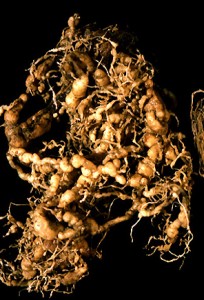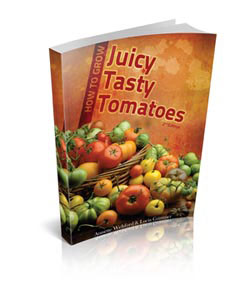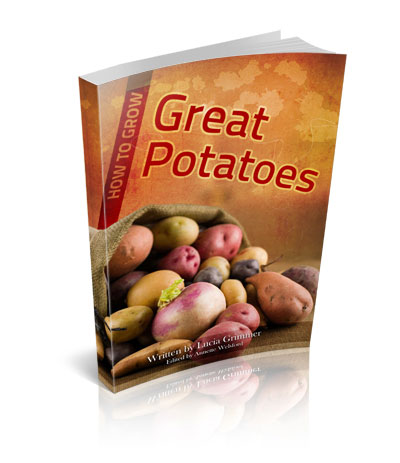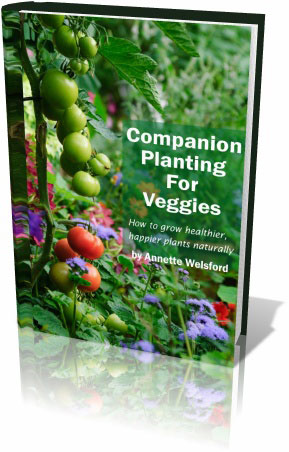Integrated Control Options for Root Knot Nematodes Part 1
Many gardeners will have seen root knot nematode (Meloidogyne spp.) infection in your crops, especially if you have sandy soils. It is easily diagnosed as it commonly causes swellings or galls on the roots and other underground parts of your plants which can vary from 1 mm to several centimetres in diameter. These galls detrimentally affect the plant’s uptake of both nutrients and water so that they become unthrifty and stunted. Nematode wounds also provide a route for entry to a wide variety of plant-pathogenic bacteria and fungi. These infections often cause more damage than the direct effects of nematode feeding.
 Many plant types are susceptible such as beans, pumpkins, silverbeet, cucumbers and watermelons but solanaceous crops ie tomatoes, potatoes, egg fruit etc are especially susceptible.
Many plant types are susceptible such as beans, pumpkins, silverbeet, cucumbers and watermelons but solanaceous crops ie tomatoes, potatoes, egg fruit etc are especially susceptible.
Life Cycle of Nematodes
Root-knot nematodes are small, active thread-shaped worms which are too small to be seen with the naked eye. The young hatch from eggs and move through the soil to invade roots – usually near the root tip. Once in the roots, the surrounding tissues are stimulated to enlarge and produce galls – the symptom that typifies root knot nematode infestation. Root knot nematode damage is usually greatest on crops grown during the warmest months of the year, as this is the time that they actively multiply. They are also found in greater numbers in warmer climates where longer growing seasons extend feeding periods and increase reproductive rates. Higher infestations are usually found in sandy soils because they have greater aeration and it is easier for nematodes to move because of the large size of the pores between soil particles.
Control of Nematodes
It is important to put preventative measures in place to prevent nematode infection, especially if you are growing susceptible crop types or have sandy soils, as it is very difficult to control nematodes once they have infected a crop, without destroying it.
The most sustainable approach is to use an integrated program – ie a complete range of different tools and strategies, to control root knot nematode (RKN).
Nematode Resistant Varieties
Wherever possible, when purchasing vegetable seed, choose varieties that have nematode or RKN resistance.
Organic Manures
Healthy soils with good structure and organic content are known to be deter nematodes. Incorporate good quantities of organic matter (animal manures, compost etc.) to your soil well before planting. In some instances, it may be beneficial to also add gypsum. Healthy soils contain a diverse range of microbes which help to keep nematode populations in check.
Mulching
Mulching your vegetables helps to preserve soil moisture and decrease plant and microbe stress to soil temperature variations. Minimising plant stress will help to prevent them succumbing to nematode infestations whilst decreasing microbe stress will help maintain a healthy population of soil biota
Fallowing
Rotation with non RKN susceptible crops should be practised to decrease soil populations of RKN. Not only will susceptible crop species increase levels of RKN, but also susceptible weed species – and many of them are susceptible, especially solanaceous weeds such as nightshade. For this reason it is a good idea to keep your plants free of weeds. Populations will also decrease when moist soil is fallowed ie kept free of plants, for several months or longer. Cultivating the soil also helps to reduce RKN because it helps bring soil to the surface where nematodes become exposed to the lethal drying and heating effects of the sun.
We will cover the rest of the integrated options for control of RKN in Part 2 of this article.
Until then, happy gardening!
Tags: nematodes, potato diseases, tomato diseases












